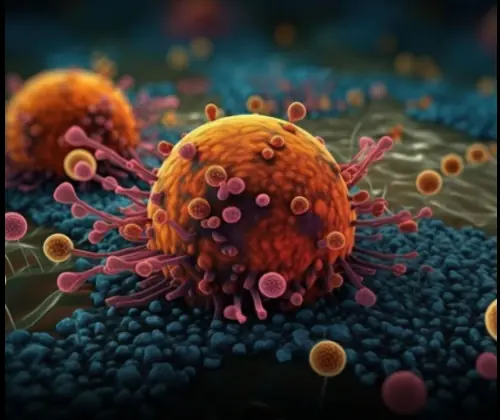
The Human Body Still Holds Secrets — Scientists Just Discovered a New Organ by Acc:ident
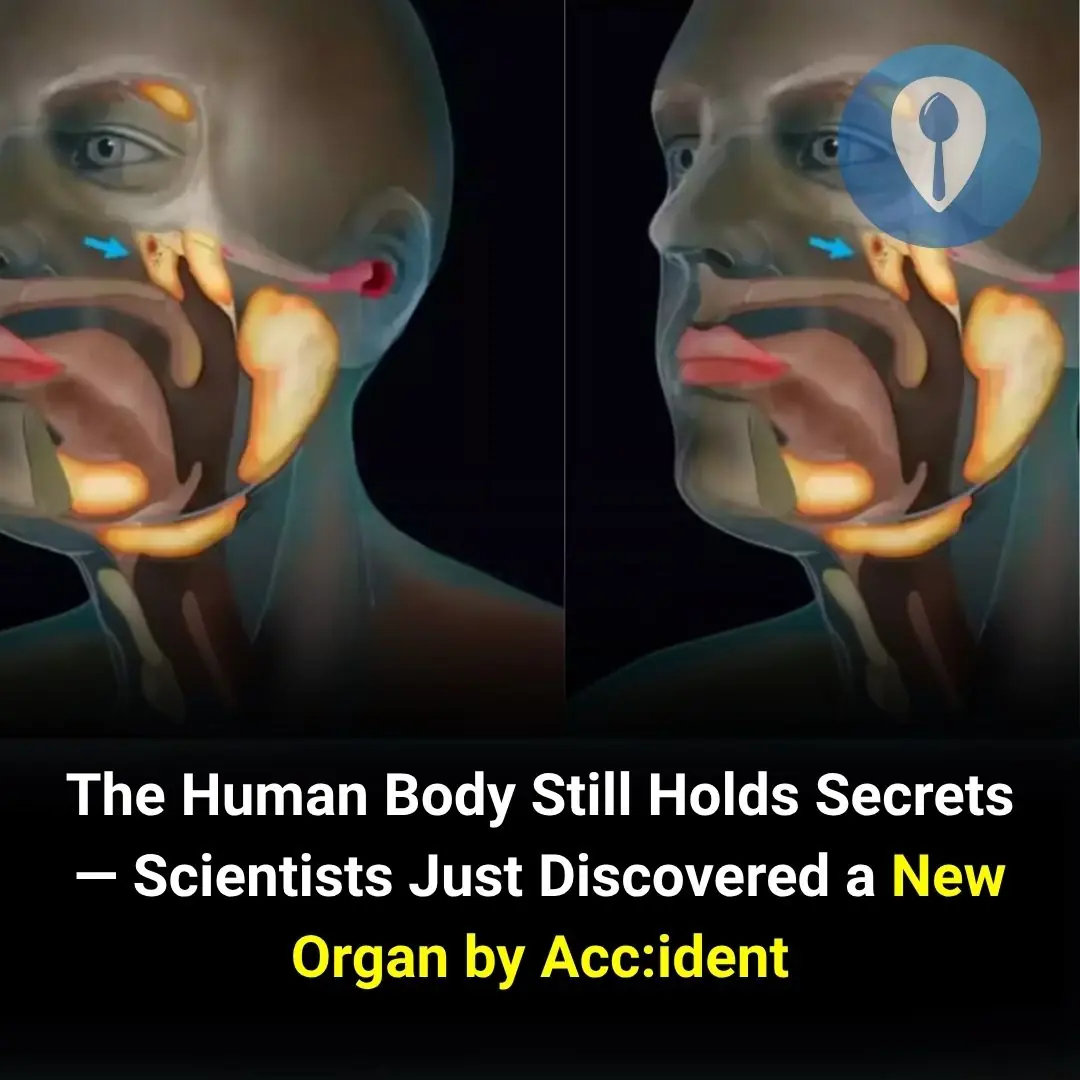
Apparently, there's a new organ in the human body we never knew about before.
The capabilities of the human body never cease to amaze, though you'd assume by now in the 21st century that we'd know all about it.
Well, that theory has been rumbled after a team of scientists shockingly stumbled across an organ that had never been seen before entirely by mistake - and they even had the opportunity to christen it with its new name.
The researchers from the Netherlands Cancer Institute were examining prostate cancer in September 2020 when they made the eureka discovery, though the organ sits nowhere near the prostate, in fact, it's right at the other end.
The surprise organ has been hiding out under our noses this entire time, or more specifically, right behind it - and it serves a pretty vital function.
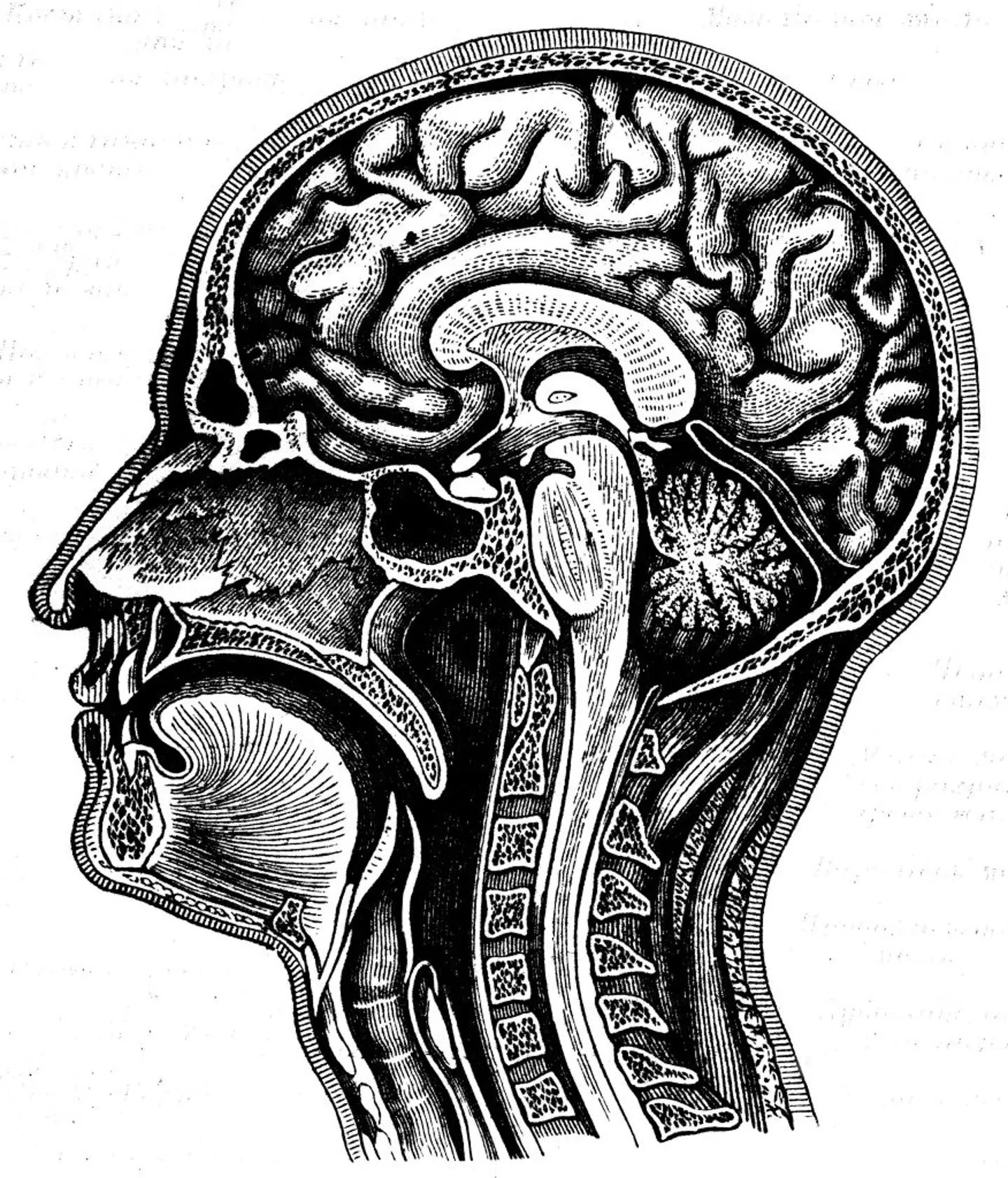
Its discovery could help to explain why cancer patients who receive radiotherapy treatment can suffer from dry mouth and swallowing issues as the previously undiscovered part sits inside our head, just beneath the face.
In case you're wondering how a team of scientists examining prostate cancer ended up locating a new organ in the head, it all came to light when they were conducting scans.
While studying the cancer, they carried out CT and PET scans on patients that had been injected with radioactive glucose, in theory making tumors show up by glowing on the scans.
While carrying out the scans, the team noticed two areas within the heads of the patients were glowing more than they anticipated - and eventually pieced together that there was a secret set of salivary glands tucked up in there.
The team decided to give it a fitting name, the tubarial salivary glands, since it is found behind the nose and in the space where the nasal cavity joins the throat.
As for what it does, the glands 'lubricate and moisten the area of the throat behind the nose and mouth'.
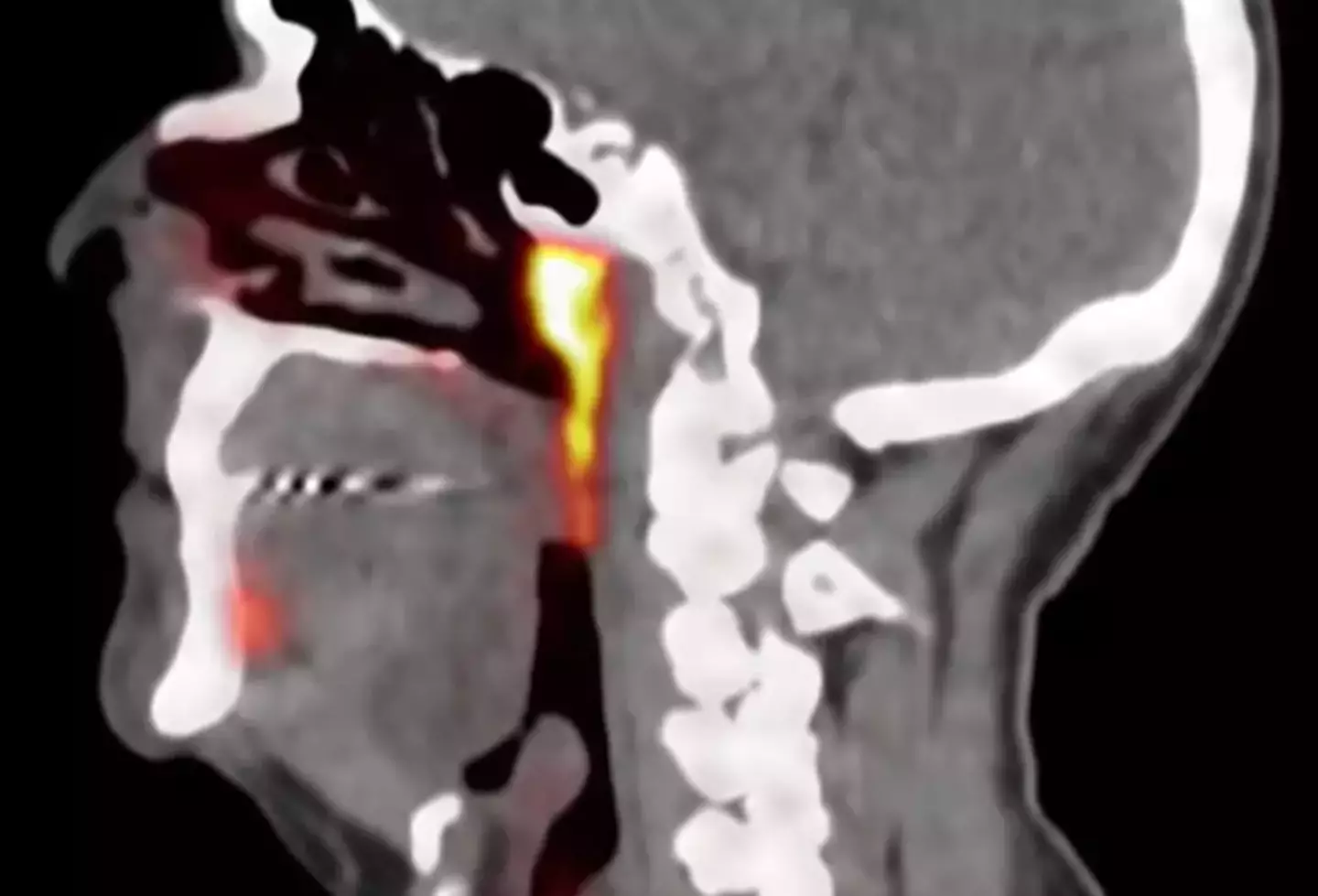
While the scientists were shocked the glands had gone on existing undetected for decades, Dr Wouter Vogel, radiation oncologist at the Netherlands Cancer Institute, explained it's probably because the glands are so tiny.
The doc said they were only discovered due to 'very sensitive imaging' and are 'not very accessible'.
He said: "People have three sets of large salivary glands, but not there.
"As far as we knew, the only salivary or mucous glands in the nasopharynx are microscopically small, and up to 1,000 are evenly spread out throughout the mucosa. So, imagine our surprise when we found these."
Alarmingly, Dr Vogel said a 'single misdirected zap' in medical treatments could permanently damage the organ, though 'nobody ever tried to spare them' before, which makes sense since no one knew they were there.
They now hope the discovery will alleviate some of the side effects that come with cancer treatments and radiotherapy, as the scientists believe the treatment could be putting uncomfortable pressure on the tubarial salivary glands.
Now that it's known, they say the 'next step' comes down to figuring out how to preserve the organ during treatment.
News in the same category


7 Plants That Act as “Natural Air Purifiers” You Should Keep in the Bathroom

Sending $1,000 to My Mother Every Month, Yet Her Bank Account Was Empty When She Pas.sed Away

Sweet Potato vs. Potato: The Truth About Their Health Benefits
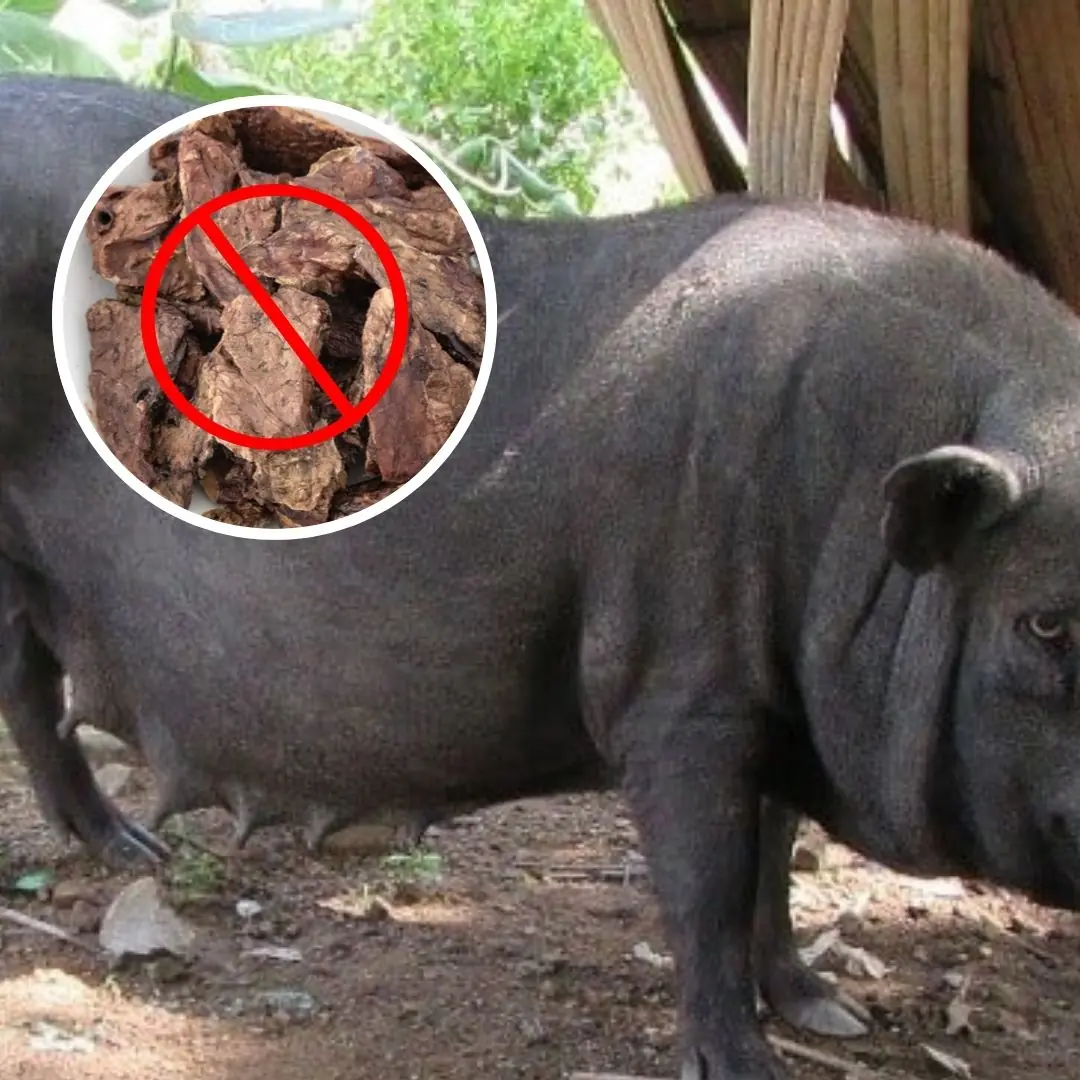
These 4 parts of a pig may be delicious and inexpensive, but you shouldn’t eat them too often—don’t let greed harm your health
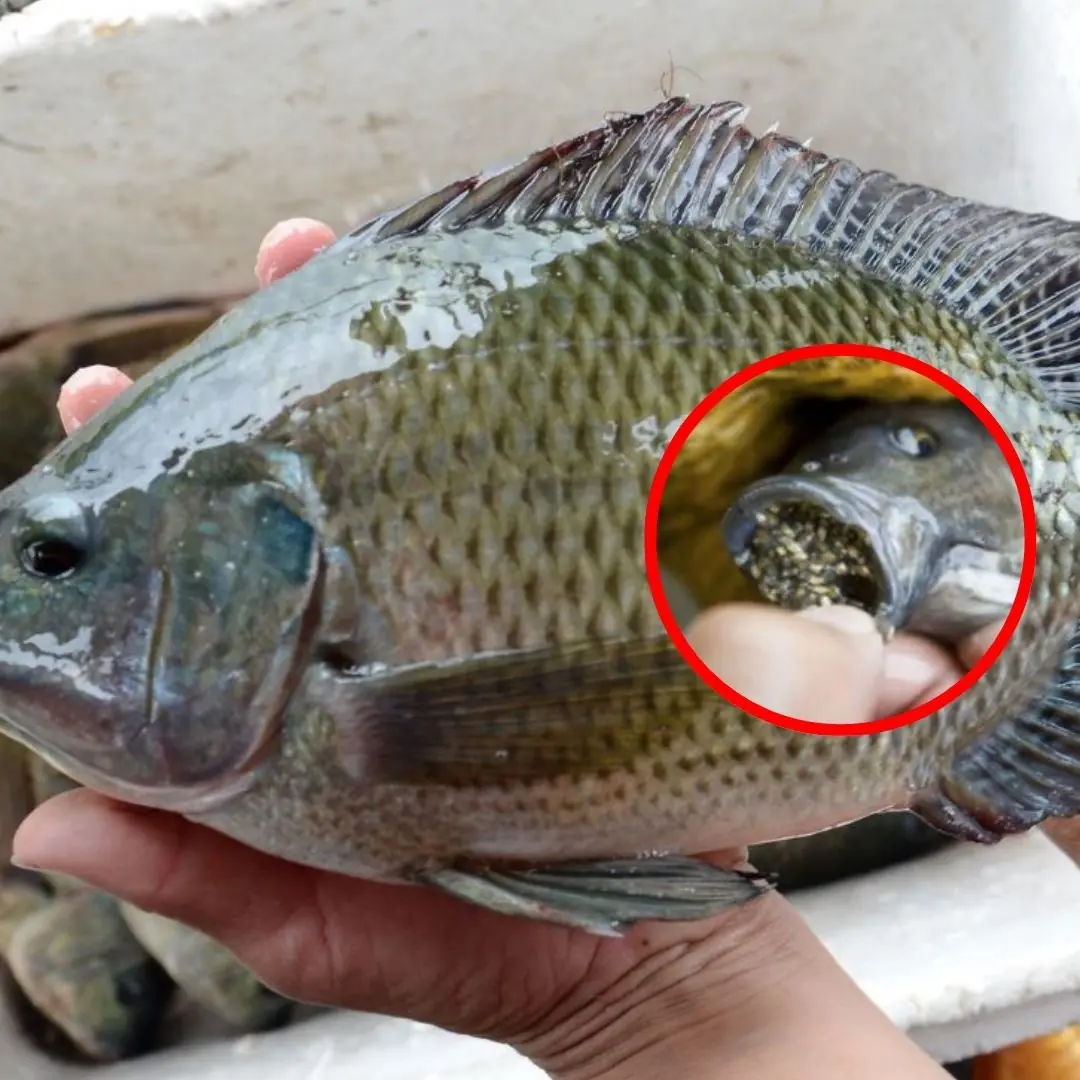
Reasons why you should stop eating tilapia as soon as possible

Rich in nutrients, these 3 vegetables are considered by the Japanese as a longevity eli.xir

Does eating boiled eggs every day benefit or harm the li.ver?
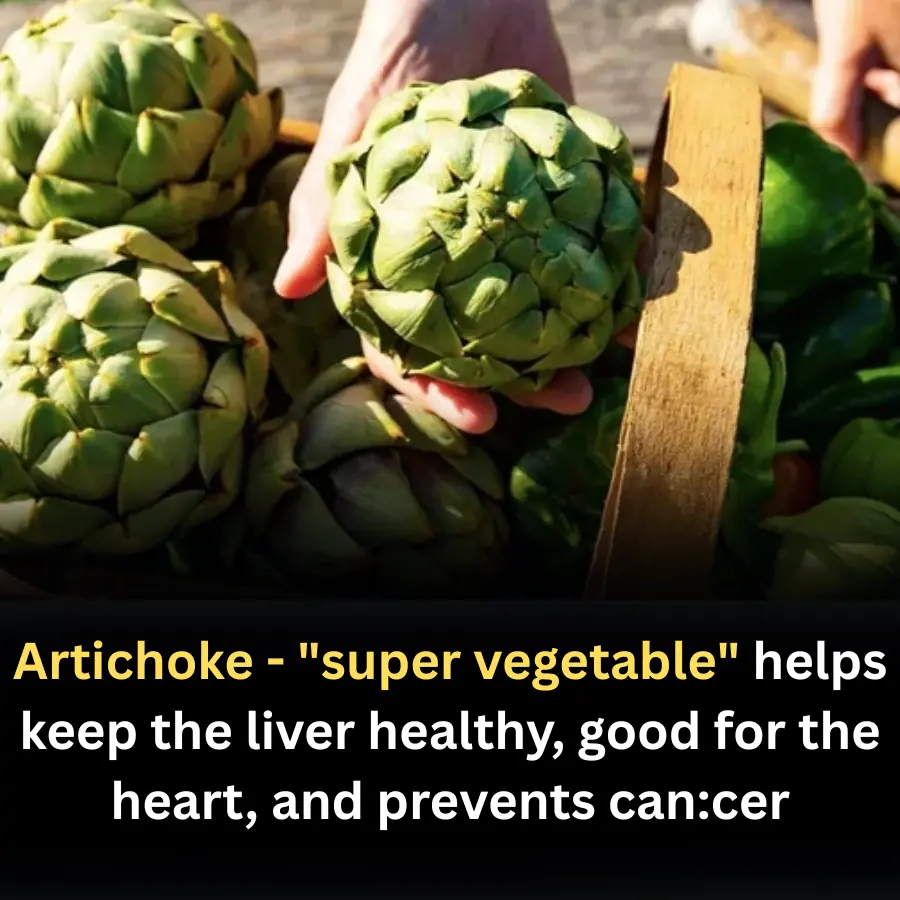
Artichoke - "super vegetable" helps keep the liver healthy, good for the heart, and prevents can.cer

Why do restaurants and hotels often put ice in the toilet?

Why do foreigners rarely use electric kettles even though they are very convenient?

Should You Peel Ginger Before Eating? The Answer Isn’t as Simple as You Think
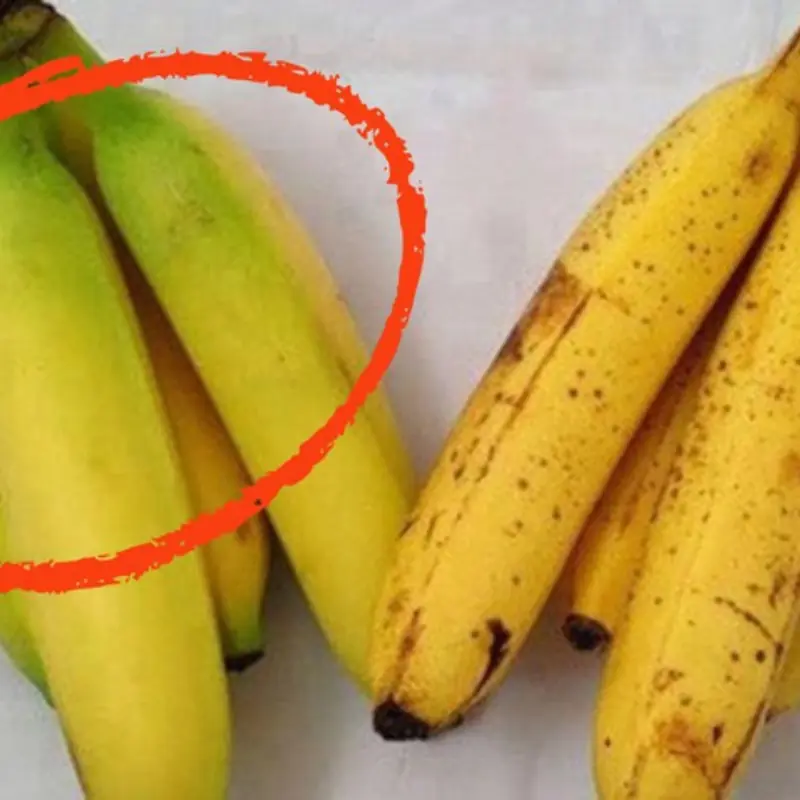
When Buying Bananas, Just Remember This Tip and You’ll Instantly Know Whether They’re Naturally Ripe or Chemically Ripened

5 Foods Stored in the Fridge That Are Like a “Breeding Ground” for Bacteria and Pathogens

A 40-Year-Old Woman Was Rushed to the Hospital After Eating Grapefruit This Way

5 great benefits of drinking coffee in the morning

Why should men eat a slice of ginger after waking up in the morning?

4 amazing health benefits of chrysanthemum tea

Why Should Men Eat a Slice of Ginger After Waking Up in the Morning?
News Post

4 Vegetables Easily “Treated” with Chemicals

The Part of the Pig Often Dismissed as “Dirty” and Thrown Away: Turns Out It’s a “Miracle Food” with 10 Times More Iron Than Meat

An 8-Year-Old Girl Complained of “Sto.mach Pain” Every Friday Afternoon

Eating Eggs Can Be Harmful for These 5 Groups of People: Better Stay Away!
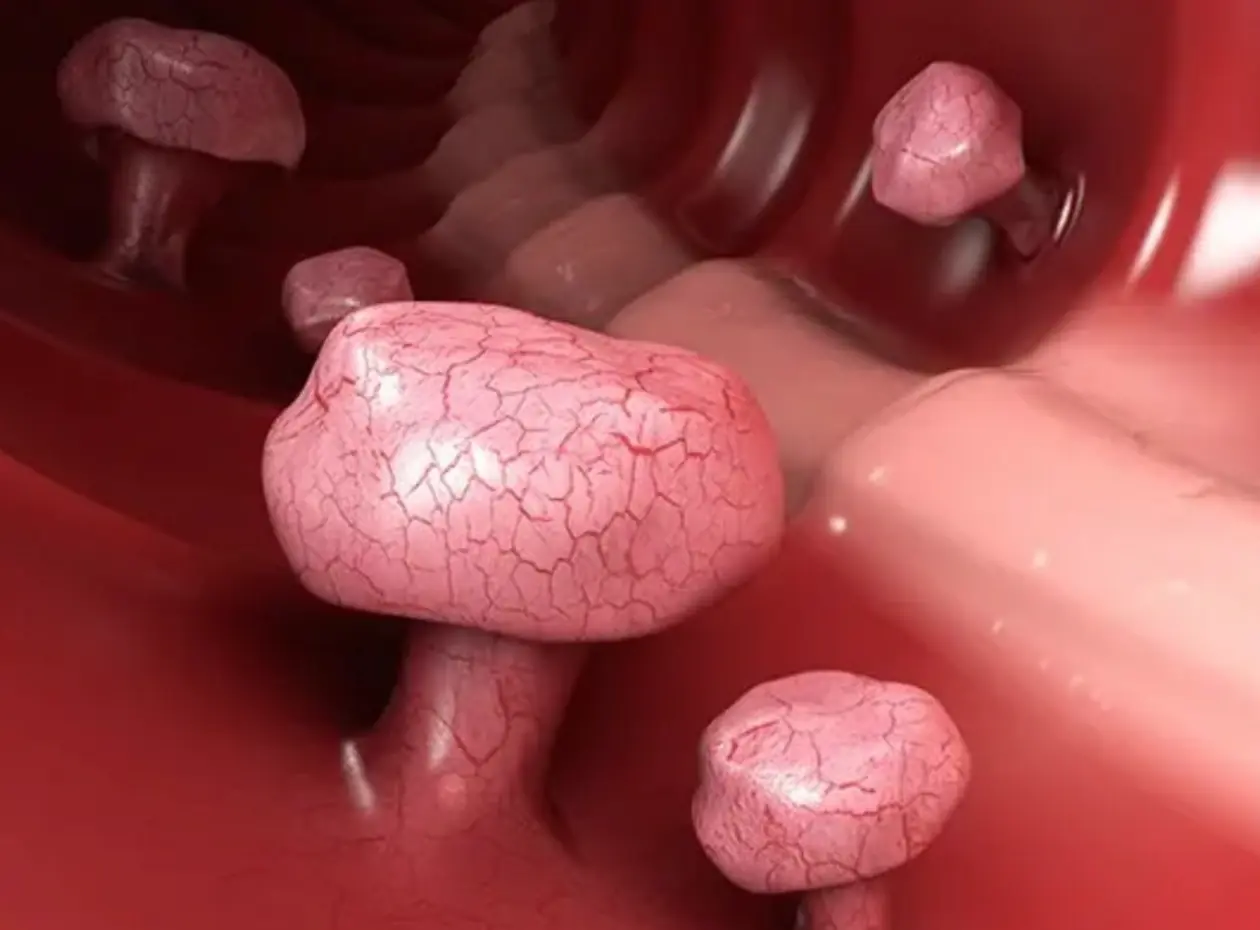
Early detection colon polyps: The key to effective can.cer prevention

Think it’s harmless? The risks of wearing bras to sleep might surprise you

What dise:ase is gr.oin pa.in a symptom of?
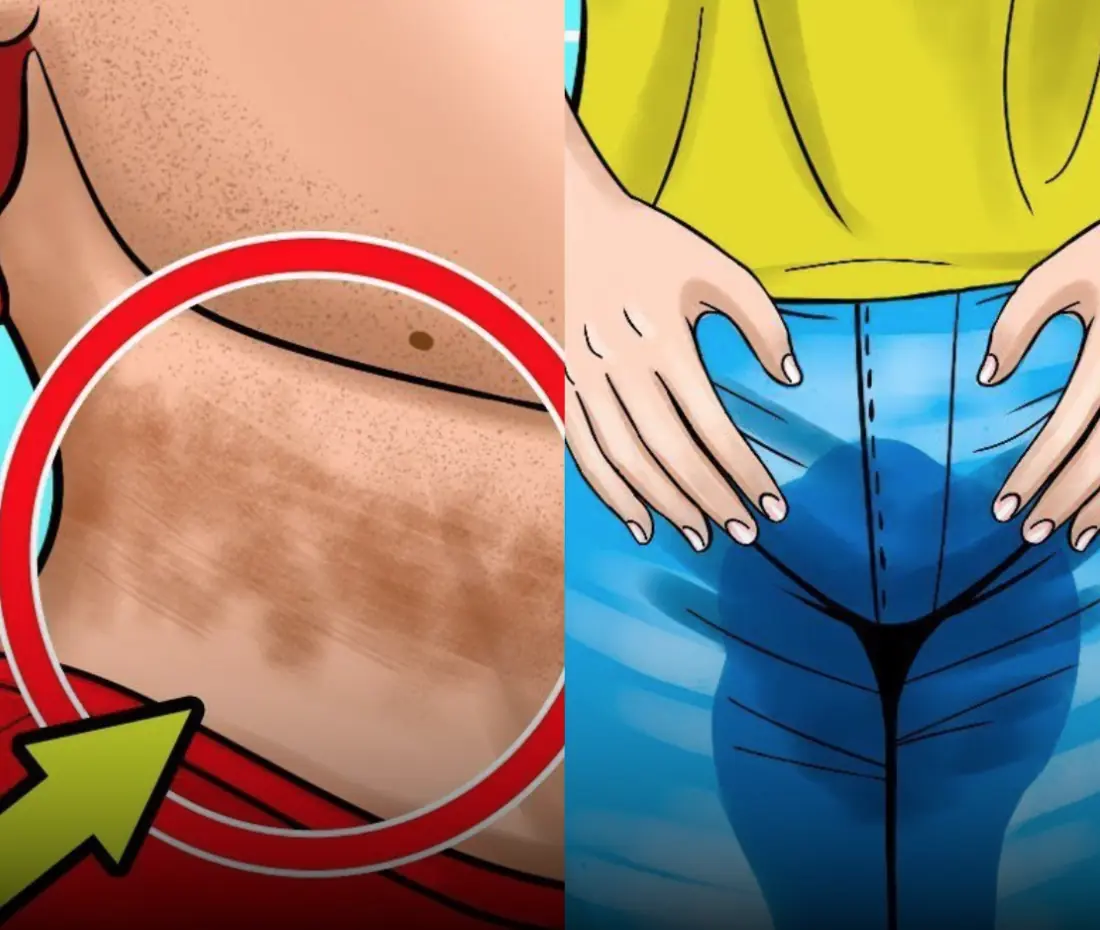
These 10 symptoms indicate latent diabetes

What sleeping on the left side does for our brain, stomach and lymphatic health

Eating yogurt with these 5 mistakes can bring more dis.eases into your body
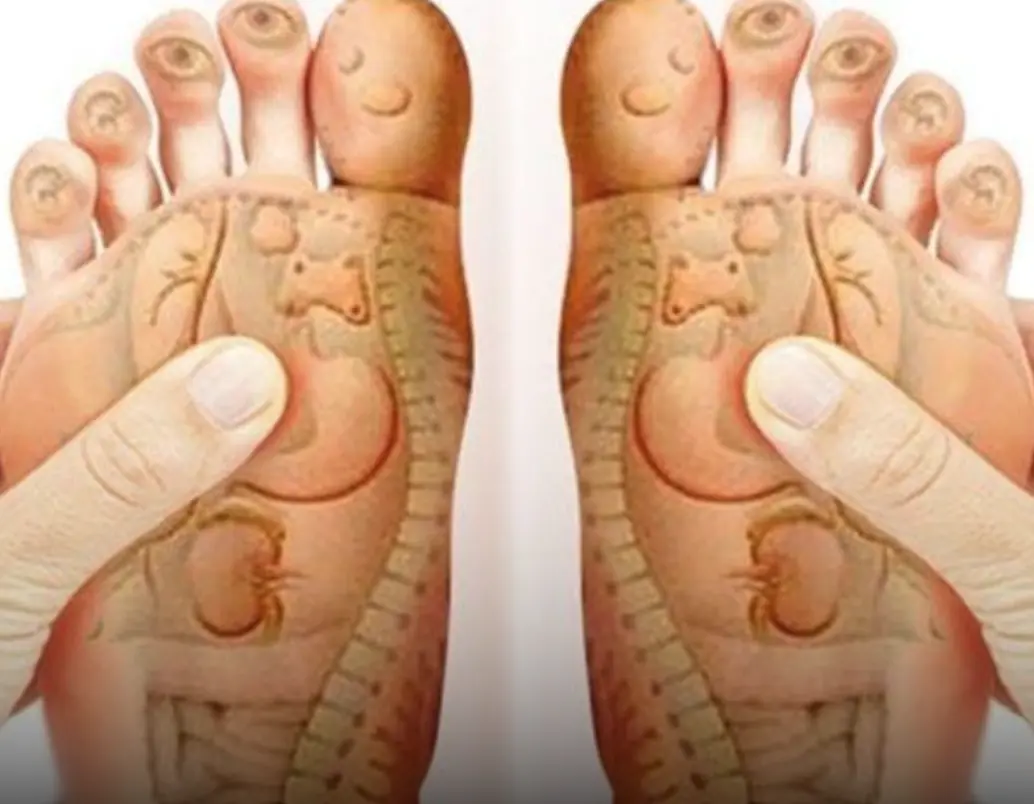
8 foot massage points that help relieve issues

7 subtle symptoms that could signal serious health problems

Struggling with garlic or onion smell on your hands? Try this simple trick—1 minute and it’s gone!
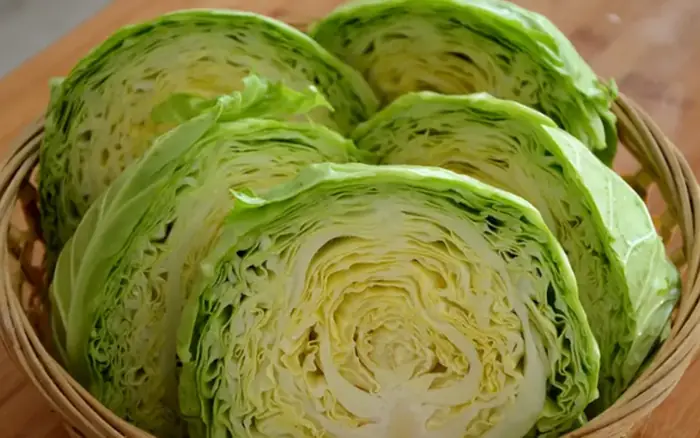
Tightly Wrapped or Loose Cabbage – Which Tastes Better?
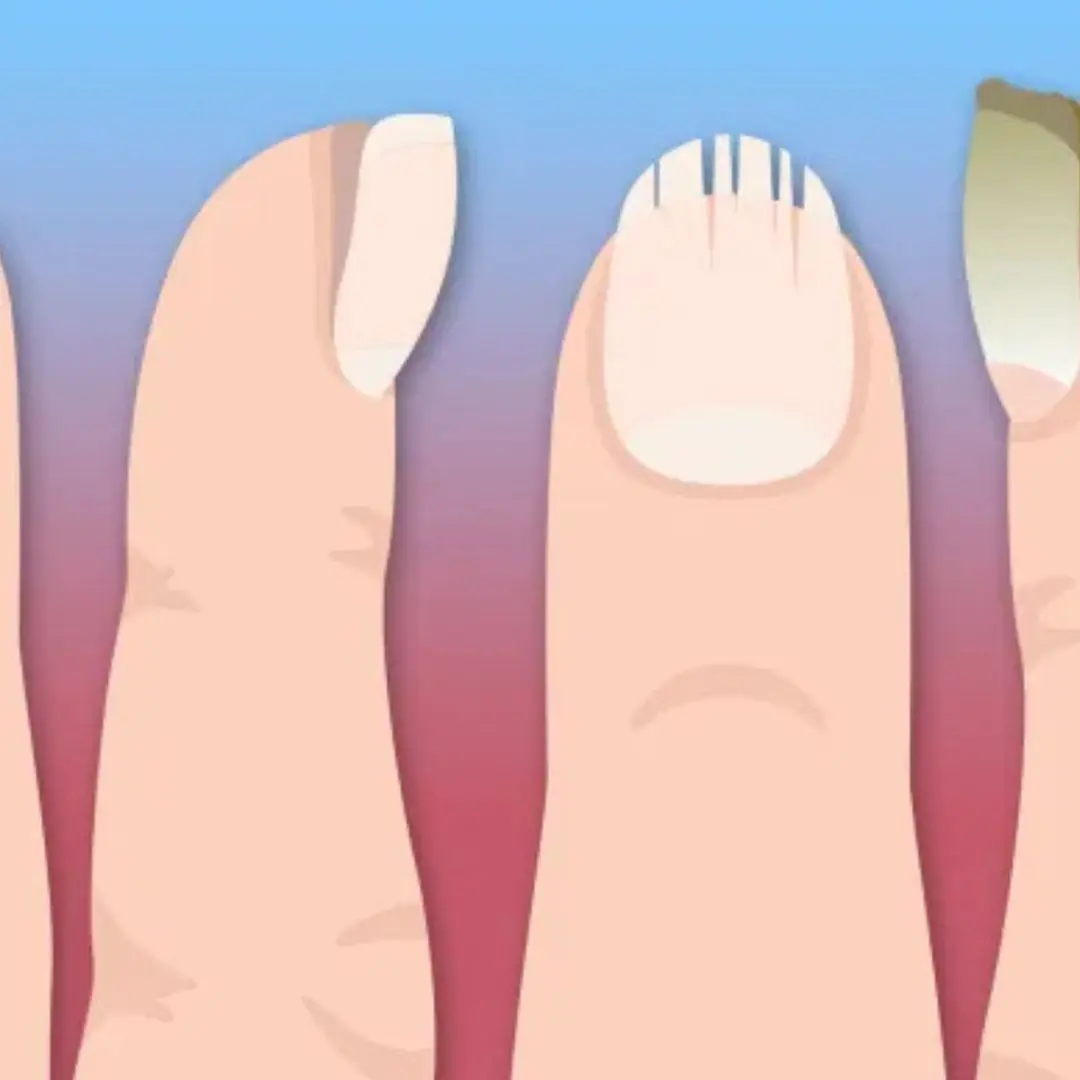
The 5 ‘silent’ can:cer signs you might miss on your nails

Warning about the habit of "welcoming" can:cer into the body, many people know but still do it
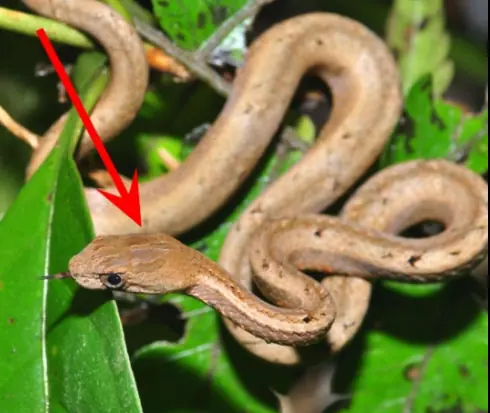
4 Types of Plants That Snakes Are Crazy About

Boiling Eggs with Just Water is Not Enough

Discover the Power of Rosemary: Nature’s Potent Pain Reliever & Healing Herb
